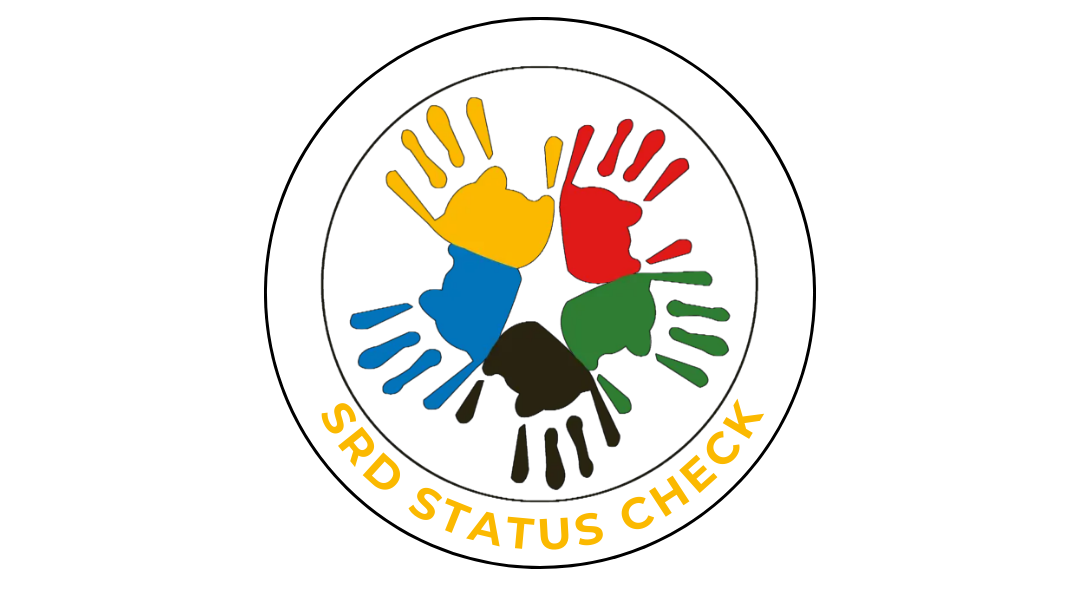SASSA SOCIAL GRANTS
The SASSA Social Grants are a range of financial aid programs provided by the South African Social Security Agency (SASSA) to help individuals who are unable to support themselves due to various circumstances, such as age, disability, or caregiving responsibilities. These grants are made to provide a social safety net for the most vulnerable members of society, ensuring they have access to basic resources and support.
8 Types of SASSA SOCIAL GRANTS
Here’s a detailed breakdown of the various SASSA Social Grants available:
Older Person’s Grant (Old Age Pension)
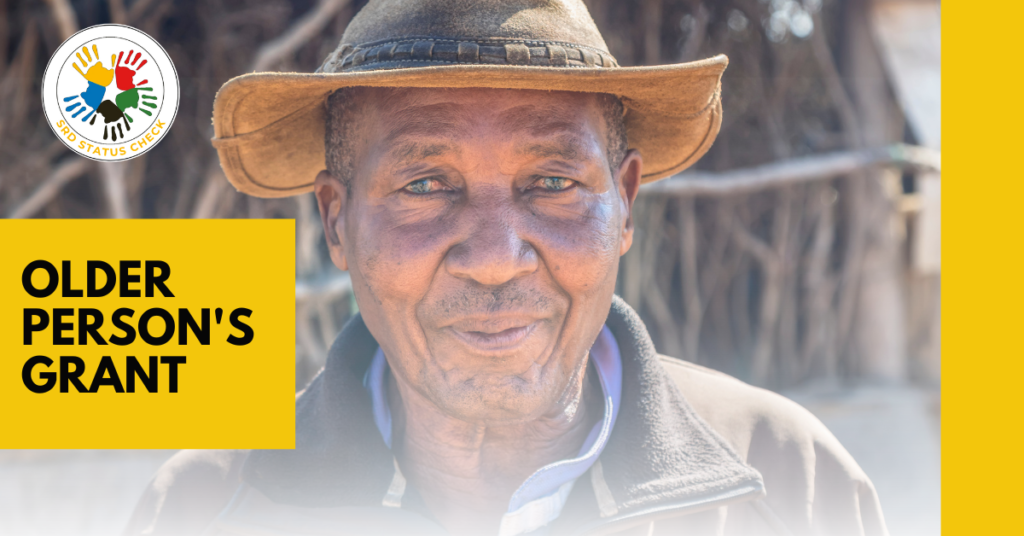
The Older Person’s Grant, also known as the Old Age Pension, is provided to South African citizens or permanent residents who are 60 years or older and have insufficient income to support themselves. The grant is means-tested, meaning that the recipient’s income and assets must fall below certain thresholds to qualify.
Disability Grant
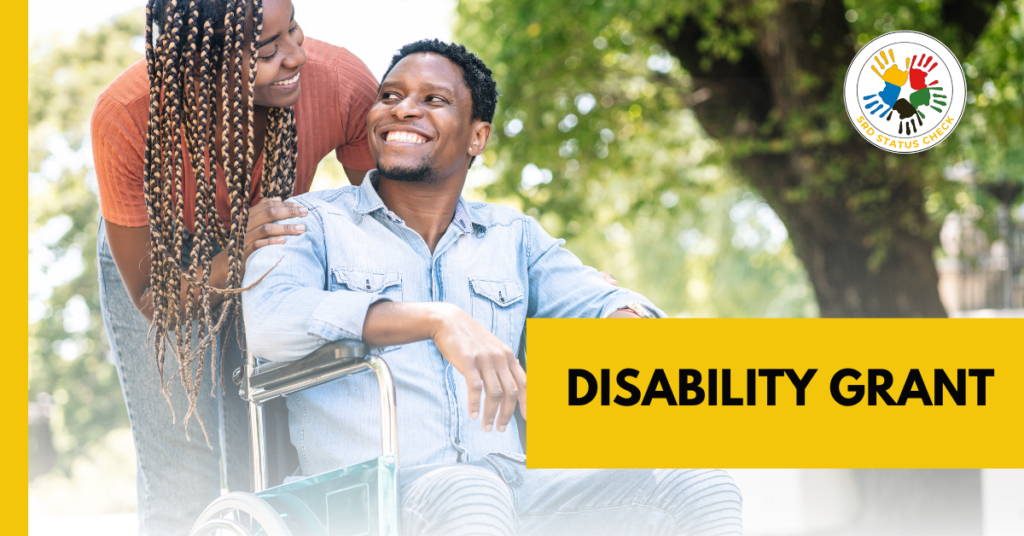
The Disability Grant is provided to individuals who are 18 years or older and have a medically certified disability that prevents them from being able to work. The disability can be either temporary (lasting 6-12 months) or permanent.
War Veterans Grant
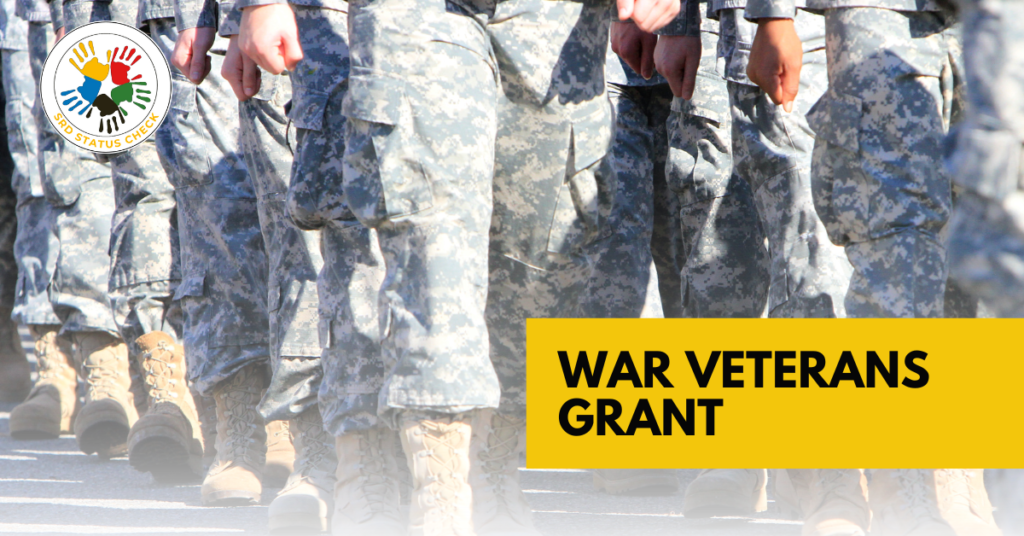
The War Veterans Grant is aimed at South African citizens or permanent residents who fought in World War II or the Korean War and are unable to support themselves.
Child Support Grant
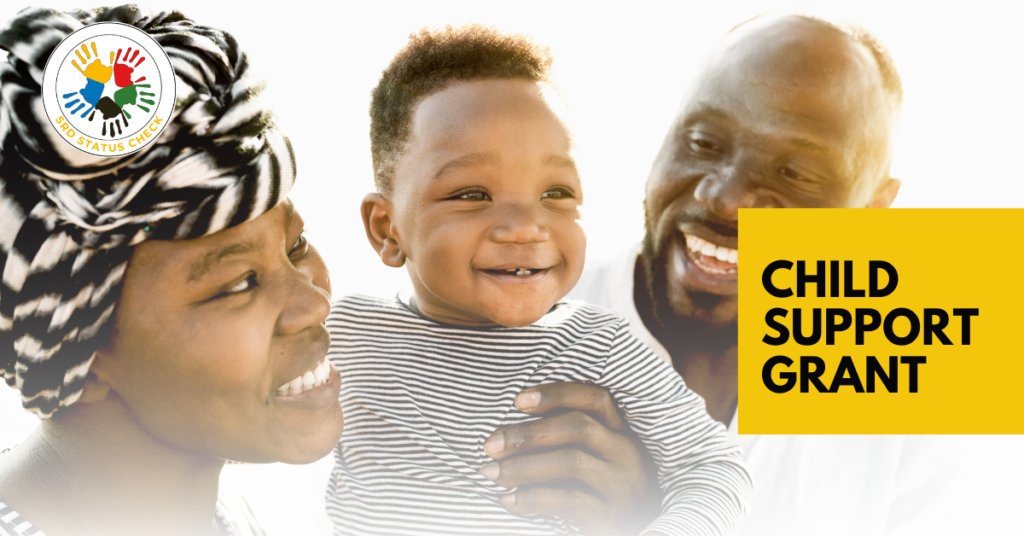
The Child Support Grant provides financial support to low-income families to help care for children. The grant is available for children from birth up until they turn 18.
Foster Child Grant
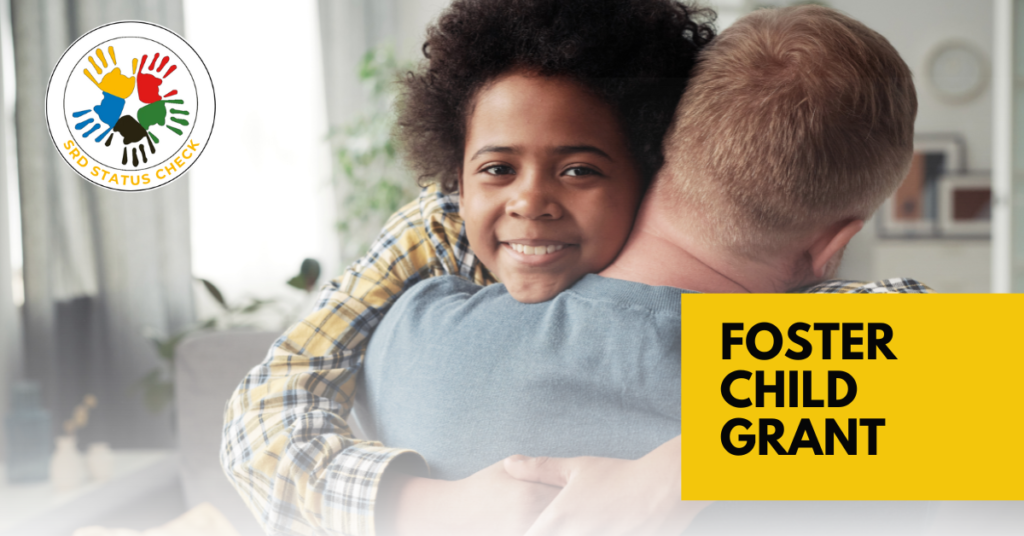
The Foster Child Grant provides financial assistance to individuals who are legally responsible for caring for a child who has been placed in foster care by the court. This grant helps foster parents cover the costs of caring for the child.
Care Dependency Grant
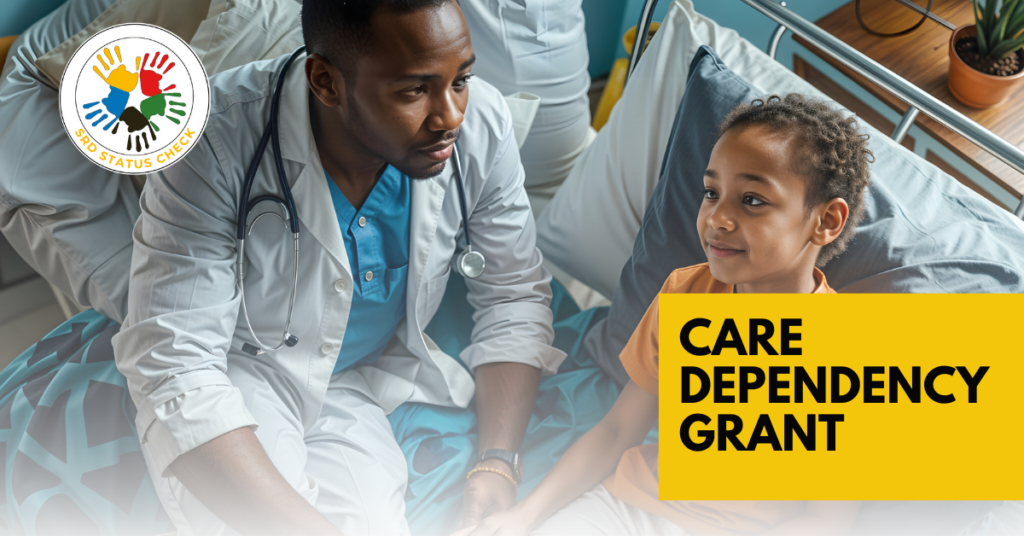
The Care Dependency Grant is provided to caregivers of children with severe disabilities who need full-time care. The grant is available to individuals who cannot afford to provide this specialized care without financial assistance.
Grant-in-Aid

The Grant-in-Aid is an additional grant provided to individuals who are already receiving a social grant, such as the Old Age Pension or Disability Grant, but require full-time care due to their inability to care for themselves.
Social Relief of Distress (SRD) Grant
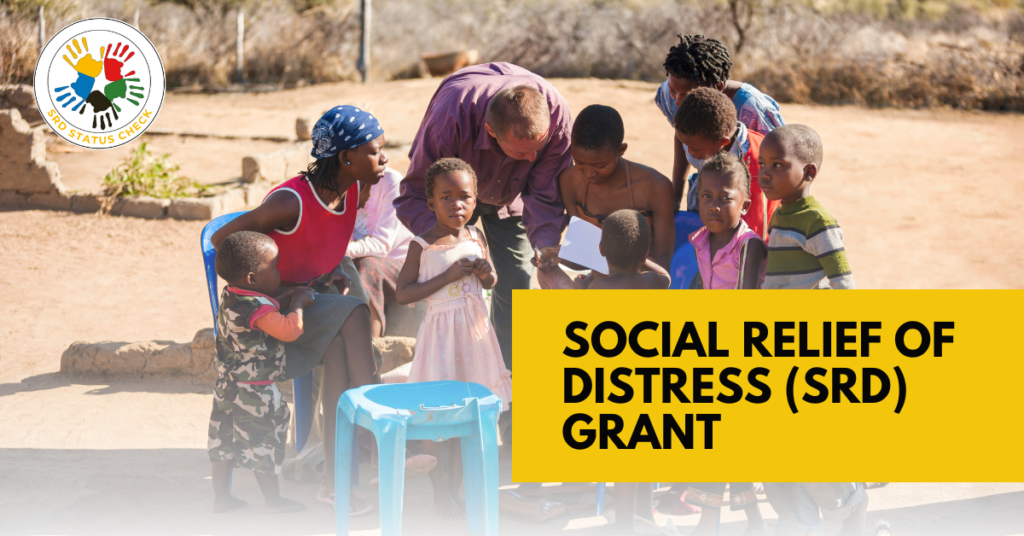
The SRD grant is a temporary measure aimed at helping South Africans who are in dire need of financial assistance due to unemployment or other circumstances that leave them without an income. During the COVID-19 pandemic, the SRD grant was introduced to provide relief to those affected by job losses and economic hardship.
General Eligibility Criteria for SASSA Grants
To qualify for any of the SASSA grants, you must generally meet the following criteria:
How to Apply for SASSA Grants
Conclusion
The SASSA Social Security Grants are essential for providing financial relief to those who are most in need in South Africa. Whether you are a senior citizen, a person living with a disability, a caregiver, or facing economic hardship, SASSA offers various grants to help support you. Each grant has specific eligibility criteria and amounts, which are updated annually to align with inflation and economic conditions.
By understanding the available grants and their eligibility requirements, you can access the social support you need to help maintain financial stability. If you believe you qualify for a SASSA grant, it’s important to apply as early as possible and provide all the necessary documentation to expedite the process.
